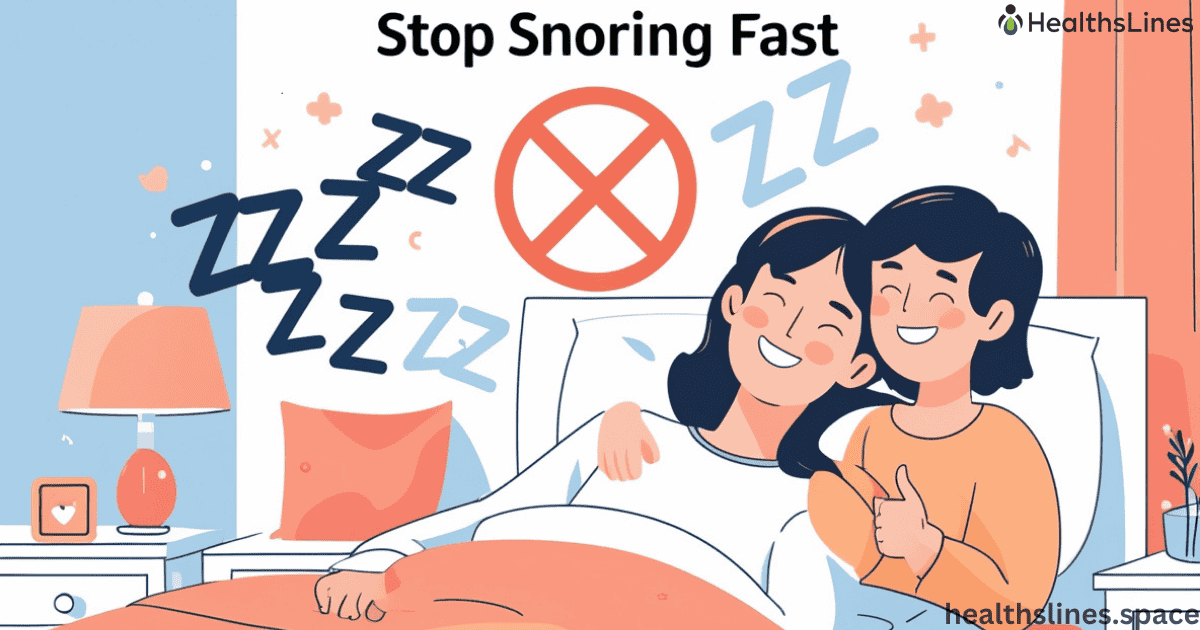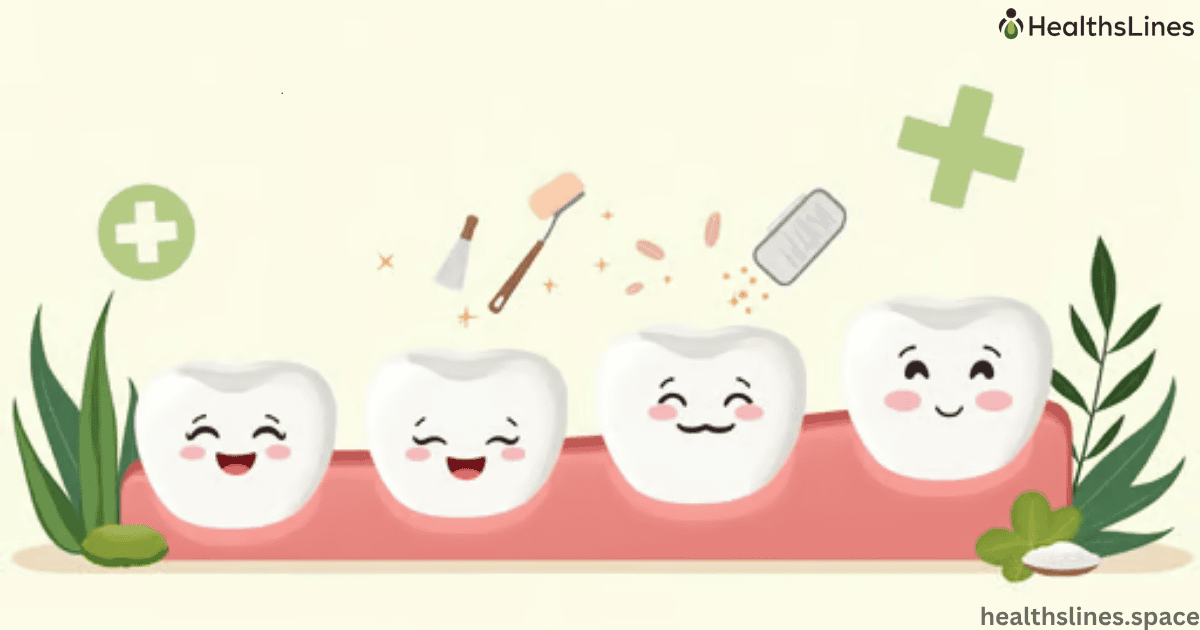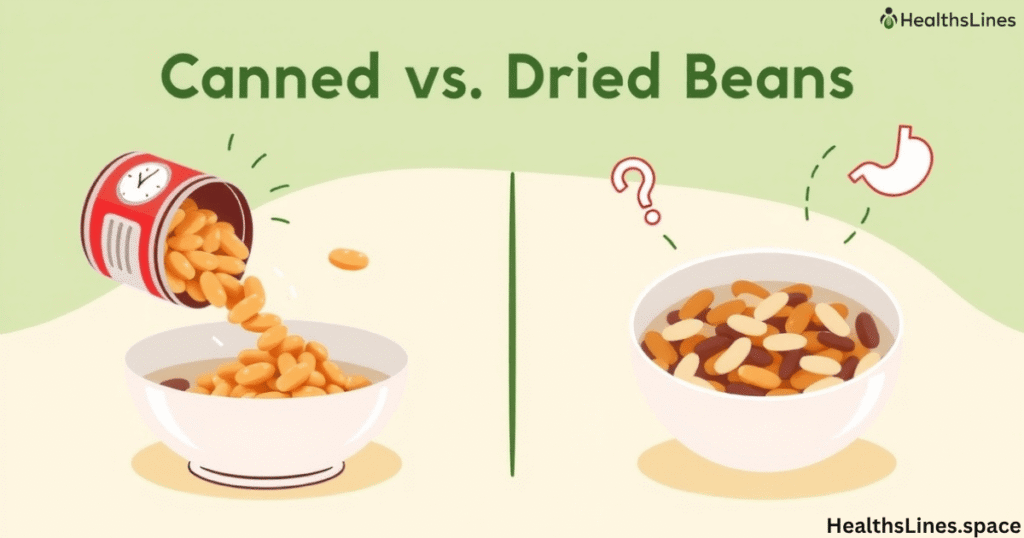Snoring affects millions of people every night. If you’re one of them, you know it can disturb your sleep and annoy your partner. In many cases, it’s more than just noise. Snoring may be a sign of something serious like obstructive sleep apnea (OSA). Whether your snoring is mild or severe, this guide offers 17 real remedies that can help reduce or stop it altogether.
Improving your quality of life with better sleep is possible. From simple lifestyle changes to professional treatments, each method explained here is backed by research or long-standing medical use. Let’s explore what really works to stop snoring.
Simple Lifestyle Changes That Can Reduce Snoring
One of the easiest ways to reduce snoring is by changing how you sleep. Sleeping on your back can cause your tongue and soft palate to collapse to the back of your throat. This blocks airflow and causes vibrations. Sleeping on your side helps keep your airway open. People who switch to side-sleeping often see quick results. If it’s hard to stay in one position, you can try using a snore-reducing pillow or a body pillow to keep you comfortable through the night.
Another key factor is your sleep schedule. Not getting enough sleep makes your throat muscles relax more, which increases the chances of snoring. Going to bed and waking up at the same time daily helps regulate your body’s rhythm. You should aim for 7 to 9 hours of good quality sleep each night. Try to avoid late-night screen use and reduce caffeine after noon.
Anti-Snore Pillows and Sleeping Positions
There are special pillows made to reduce snoring. These pillows raise your head slightly and align your neck to improve airflow. Unlike regular pillows, anti-snore pillows support your neck in a way that reduces pressure on your airway. Some studies show these pillows help people with mild snoring caused by sleeping position or muscle relaxation.
You can also try raising the head of your bed by about 4 to 6 inches. This gravity-based method helps prevent soft tissues from collapsing into your airway. It’s a small change, but one that can make a big difference. If you’re not ready for medical devices or surgery, changing your pillow and sleeping angle is a smart place to start.
Avoid Alcohol Before Bed and Sleep Better
Drinking alcohol in the evening might seem relaxing, but it has a downside. Alcohol is a muscle relaxant, and that includes the muscles in your throat. When those muscles relax too much, they can block your airway and cause snoring. For many people, avoiding alcohol 3 to 4 hours before bed significantly reduces snoring.
It’s not just about alcohol either. Heavy meals, sugar, and certain medications like sedatives can also relax your muscles too much. Instead of a nightcap, try drinking chamomile tea or warm milk. These options promote relaxation without harming your breathing during sleep.
Quit Smoking to Open Your Airways
Smoking irritates the lining of your nose, throat, and lungs. Over time, this causes inflammation, swelling, and excess mucus. These blockages reduce the space for air to flow and make snoring worse. People who quit smoking often report improvements in their sleep quality and a reduction in snoring after just a few weeks.
If you’ve been smoking for a long time, it’s never too late to quit. Talk to your doctor about nicotine replacement therapies or prescription medication Snoring Remedies. Reducing your exposure to secondhand smoke is also important. Your lungs, throat, and your partner will thank you.
Avoid Sedatives and Sleep Aids Without Guidance
Many people rely on sleep aids like benzodiazepines or antihistamines to fall asleep. While they can be effective short-term, they relax throat muscles too much. This results in heavier snoring or even temporary breathing pauses during sleep. Unless prescribed by a doctor, these medications can do more harm than good for snorers.
Try replacing these aids with natural methods like relaxation breathing, reading a physical book before bed, or using a white noise machine. Better sleep hygiene can often fix mild insomnia and reduce your need for chemical sleep support Snoring Remedies.
Add Moisture with a Bedroom Humidifier
Dry air makes snoring worse. When the air in your room is dry, your throat and nasal tissues dry out too. This causes irritation and swelling. A cool-mist humidifier adds moisture to the air and helps soothe these tissues, allowing for better airflow.
This remedy is especially helpful in winter or dry climates. Some people add a few drops of essential oils like eucalyptus or peppermint to the humidifier. These oils can help open nasal passages, although evidence is still limited. Always clean your humidifier regularly to avoid mold growth.
Nasal Strips and Internal Nasal Dilators
Snoring often starts in the nose. Nasal congestion narrows your airways and forces you to breathe through your mouth. Nasal strips are adhesive bands placed across the nose. They pull open your nostrils, allowing for smoother airflow. Internal nasal dilators work the same way, but from the inside. They’re small devices inserted into the nostrils to hold them open during sleep.
Many people use these tools when they have allergies or colds Snoring Remedies. They’re safe, easy to use, and available at most pharmacies. If your snoring is caused by blocked nasal passages, nasal strips or dilators could be the easiest fix.
Treat Nasal Congestion and Seasonal Allergies
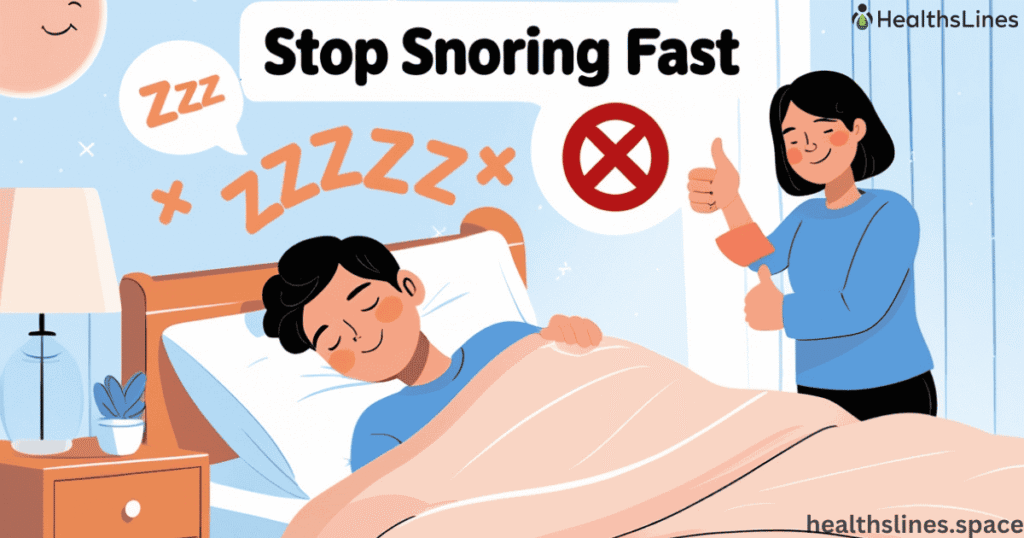
Chronic allergies are a common cause of snoring. Pollen, dust mites, mold, and pet dander inflame your nasal tissue, making it hard to breathe. If your nose is always stuffy, you’re more likely to snore. Treatments like saline nasal sprays, antihistamines, and decongestants can reduce swelling and clear the airway.
If over-the-counter options don’t help, you may need a prescription nasal steroid spray. Keeping your room free of dust and washing your sheets weekly also helps. Consider using an air purifier to cut down on allergens in the air.
Use of Essential Oils and Steam Therapy
Though not a cure, certain essential oils like eucalyptus or peppermint can help ease congestion. Steam inhalation with these oils loosens mucus and clears blocked nasal passages. This makes it easier to breathe during sleep.
You can do this by adding a few drops of oil to hot water and inhaling the steam. Another option is to use an essential oil diffuser in your bedroom. Just be cautious if you have asthma or sensitive lungs, and avoid overuse.
Maintain a Healthy Weight
Excess weight, especially around the neck, puts pressure on your airway. This increases the chance of blockage during sleep. Studies show that losing even 10% of body weight can significantly reduce snoring.
A healthy diet, combined with regular exercise and good sleep, can create a cycle of improvement. The more weight you lose, the better you sleep. The better you sleep, the easier it is to keep up healthy habits. Talk to a dietitian or your doctor about starting a safe plan.
Try Oropharyngeal Exercises for the Throat
Exercises that strengthen the tongue and throat muscles can reduce snoring. These are known as oropharyngeal or myofunctional therapy. The goal is to tone the muscles so they don’t collapse during sleep. These exercises include tongue curls, mouth stretching, and vowel repetition.
Stay Hydrated All Day Long
Dehydration leads to thick, sticky mucus in the mouth and throat. This mucus increases friction during breathing and causes snoring. Drinking plenty of water keeps your throat moist and reduces the risk of airway blockage.
Men should aim for about 3.7 liters of fluids daily, and women should aim for 2.7 liters, according to the National Academies of Sciences. Eat hydrating foods like cucumber, watermelon, and oranges to support this goal.
Oral Appliances That Hold the Jaw Forward
For moderate snorers or those with mild sleep apnea, an oral appliance may help. These devices look like mouthguards and are worn while you sleep. They hold your lower jaw and tongue slightly forward, keeping your airway open.
A dentist or sleep specialist can custom-fit one for your mouth. They’re less bulky than CPAP machines and easier to travel with. For people who can’t tolerate CPAP, this is often the next best option.
CPAP Machines for Serious Snorers
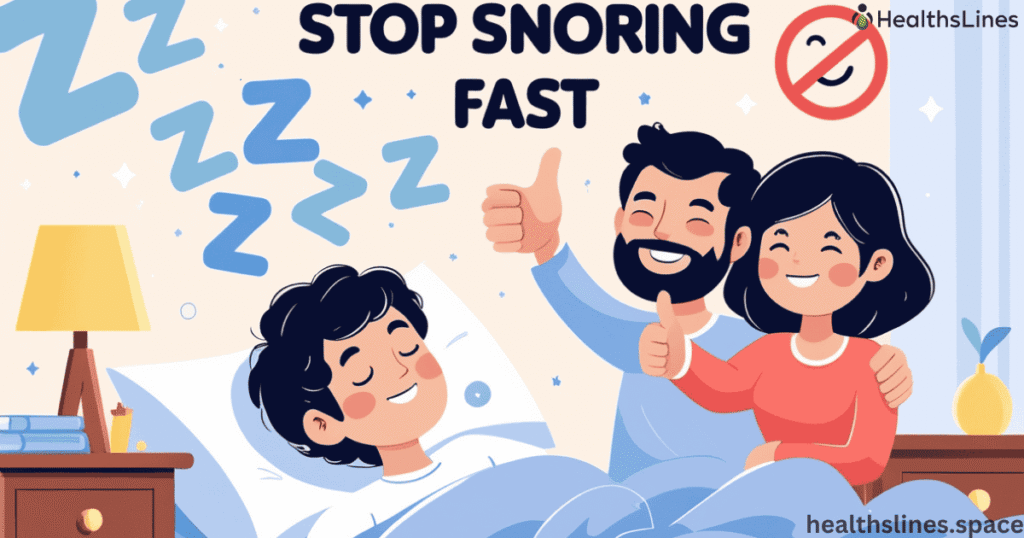
If your snoring is caused by obstructive sleep apnea, a Continuous Positive Airway Pressure (CPAP) machine may be necessary. CPAP machines push air through a mask and into your lungs. This keeps the airway open and prevents apnea events.
While they may take time to get used to, CPAP machines are the gold standard for treating sleep apnea. They improve oxygen levels, reduce snoring, and help you wake up refreshed. If you feel tired during the day or gasp for air in your sleep, get a sleep study to rule out OSA.
Explore Radiofrequency Ablation or Palatal Implants
For some, surgery or minor procedures are the only solutions. Radiofrequency ablation (RFA) uses energy to shrink tissue in the soft palate. It’s quick, minimally invasive, and done under local anesthesia. Results can last for years.
Palatal implants are small rods inserted into the soft palate. They stiffen the tissue, preventing it from collapsing and causing snoring. Both options are ideal for people who’ve tried other methods without success.
When Snoring Means Something Serious
If your snoring is loud, regular, and includes gasping or choking sounds, it may signal obstructive sleep apnea. This is a dangerous condition where you stop breathing briefly during sleep. It raises the risk of heart disease, stroke, diabetes, and more.
Talk to your doctor if you wake up tired despite a full night’s sleep, have mood changes, or if someone notices pauses in your breathing Snoring Remedies. A sleep study can confirm a diagnosis and guide you to the best treatment.
Snoring Remedies Comparison Table
| Remedy | Category | Effectiveness | Best For |
| Side-sleeping | Lifestyle | Moderate | Occasional snorers |
| CPAP machine | Medical device | Very High | Diagnosed sleep apnea |
| Nasal strips | Mechanical aid | Moderate–High | Congestion or nasal blockage |
| Weight loss | Lifestyle | High | higher-weight individuals |
| Oropharyngeal exercises | Natural remedy | Moderate | Muscle-tone-related snoring |
| Oral appliances | Dental device | High | Mild to moderate OSA |
| Radiofrequency ablation | Surgical | Moderate–High | Persistent soft palate issues |
Final Thoughts on Snoring Remedies
Snoring is more than a nighttime annoyance. It can affect your health, sleep quality, and relationships. The right solution depends on the cause of your snoring. Start with simple changes like improving sleep posture, avoiding alcohol, and treating allergies. If that doesn’t work, talk to a doctor about oral devices or CPAP machines.
Each of these 17 proven remedies offers a real chance to sleep more soundly and wake up feeling better. Don’t ignore snoring. Use the right remedy and enjoy the peaceful nights you deserve.
